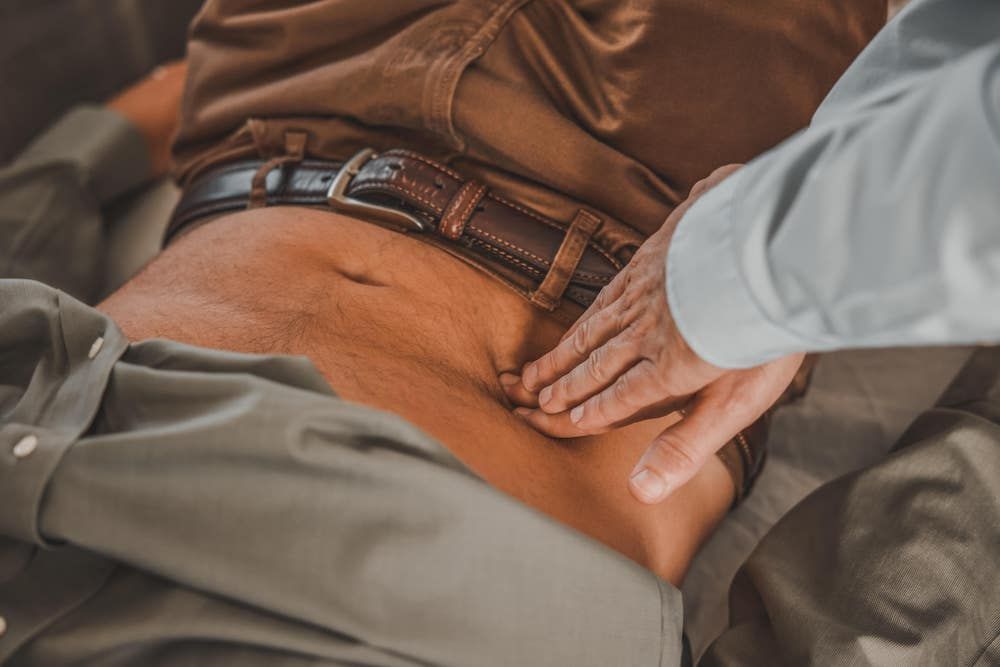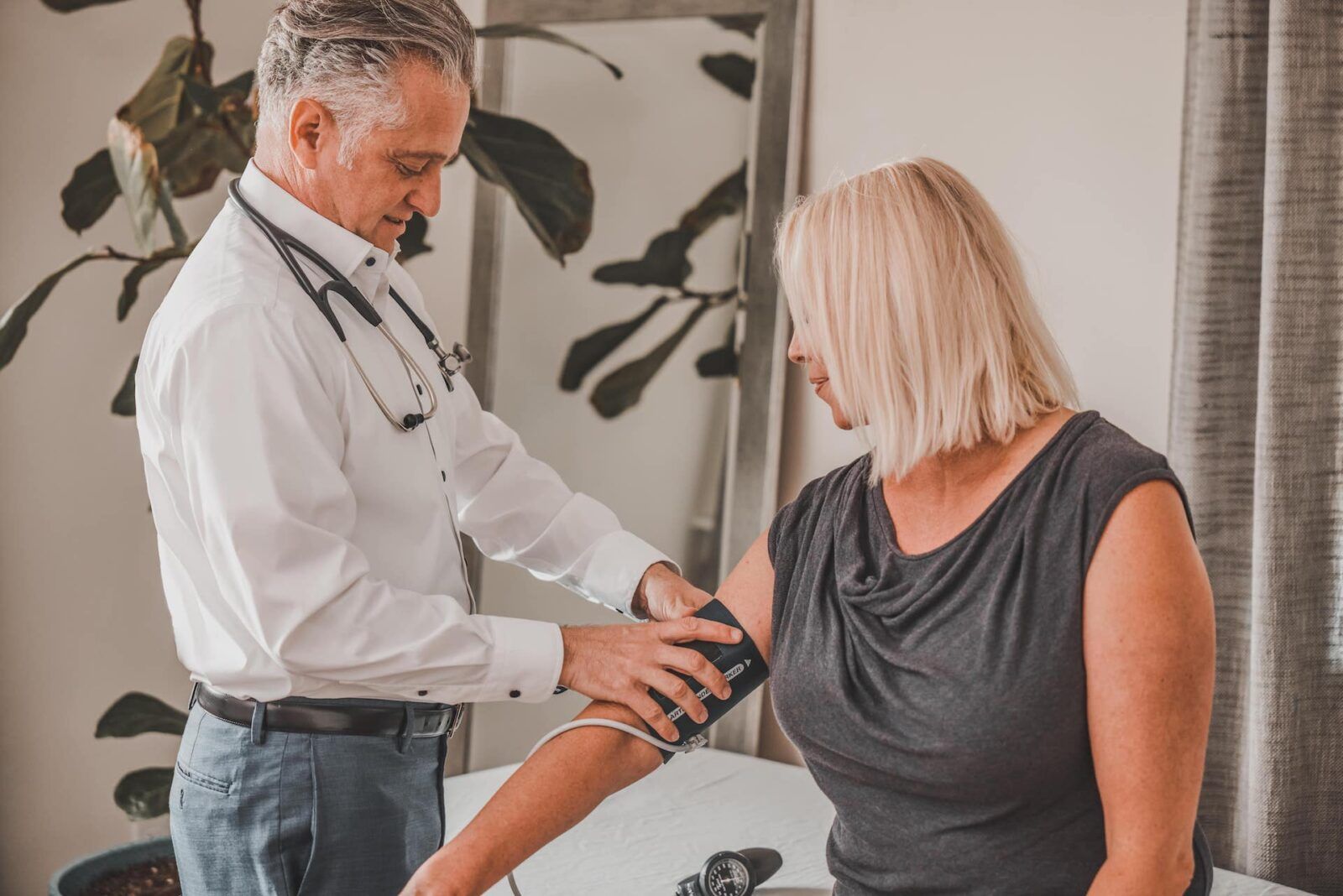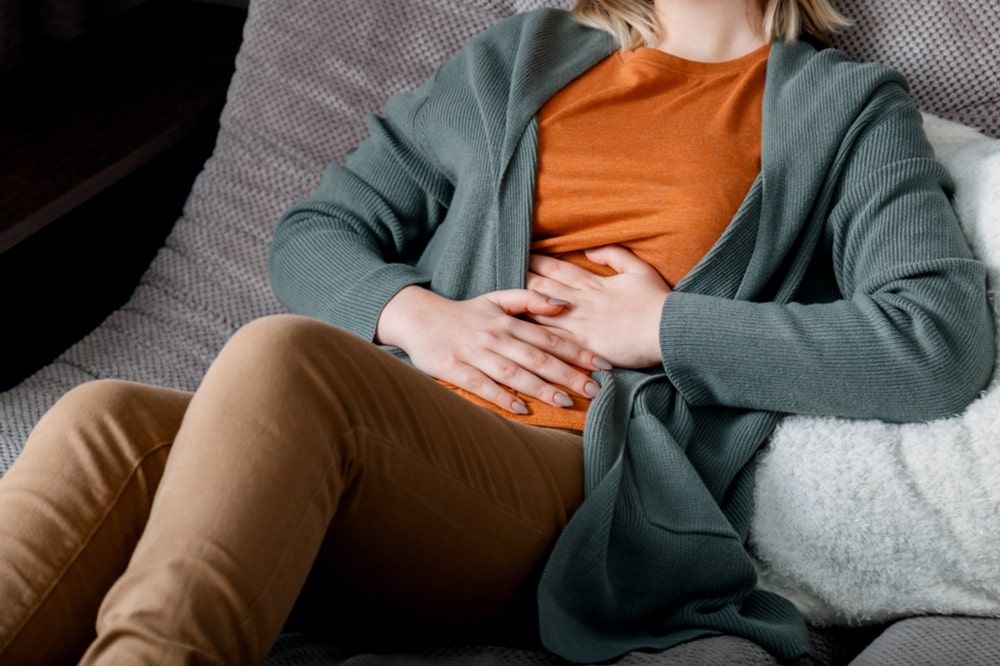Occasional bloating is often a normal occurrence, but symptoms of bloating over long periods can be a huge problem. Dr. Wool can provide natural, holistic treatment for bloating by identifying the real cause.
Why Choose Naturopathy for your Bloating Symptoms?
Many of us can relate to bloating, but when it becomes a daily struggle, its discomfort is real, and its cause cannot be easily narrowed down. About 40% of people struggle with uncomfortable and frequent bloating. This bothersome, air-trapped feeling in the stomach can be a symptom of an underlying condition not diagnosed by your traditional doctor.
Bloating can be attributed to two overarching concerns: digestive problems and hormonal imbalances. Your digestive system is the foundation of your health, and the vitamins and nutrients we absorb through our digestive system are transformed into cells, energy and hormones required for bodily function.
A poorly functioning digestive system or an imbalanced hormone axis can be clues that your body needs extra support to maintain a healthy system. Long-term bloating can indicate chronic conditions such as irritable bowel syndrome (IBS), small intestine bacterial overgrowth (SIBO), leaky gut, and Crohn’s disease. However, medications often don’t address the root problem of gut health or hormonal problems, leaving the real cause a mystery to many patients. Through naturopathic treatment, bloating can be resolved by working with your system’s biology, controlling bloating at the source, and managing other related symptoms for life.
Dr. Wool’s Gut Repair Plan for your Bloating
Dr. Wool uses a variety of naturopathic treatments to uncover underlying issues responsible for your current symptoms. As a natural gut health doctor, Dr. Wool’s gut repair plan addresses your bloating through the following steps:
- Meeting and Assessment: When meeting with Dr. Wool, he will perform a thorough 90-minute intake and exam to assess your current bloating symptoms, medical history, history of infections, and other factors that play into your condition.
- Testing for Causes: Dr. Wool will order and perform various gastrointestinal specialty tests to uncover underlying issues. Dr. Wool may run food sensitivity, nutrient assessments, SIBO tests, and stool tests. He also will check your blood for a range of biomarkers. He will also recommend imaging referrals if necessary.
- Review Test Results: After receiving the test results, Dr. Wool will provide a comprehensive review of his findings, made easy for you to understand and proactively participate in.
- Treatment for Bloating: Throughout your recommended treatment plan, Dr. Wool can prescribe a personalized combination of treatments to control your bloating symptoms long-term. Depending on the cause of your bloating, he can provide bioidentical hormone replacement therapy, peptide therapy, botanical remedies, probiotics,and other natural treatments.
Dr. Wool is a willing participant in your health, helping you learn about your dietary habits to identify the real cause of your bloating and then using natural treatments to eliminate the problem. He understands the value of effective communication and partnership with his patients. If you struggle with uncomfortable bloating, call Dr. Dan Wool or schedule an online appointment.



